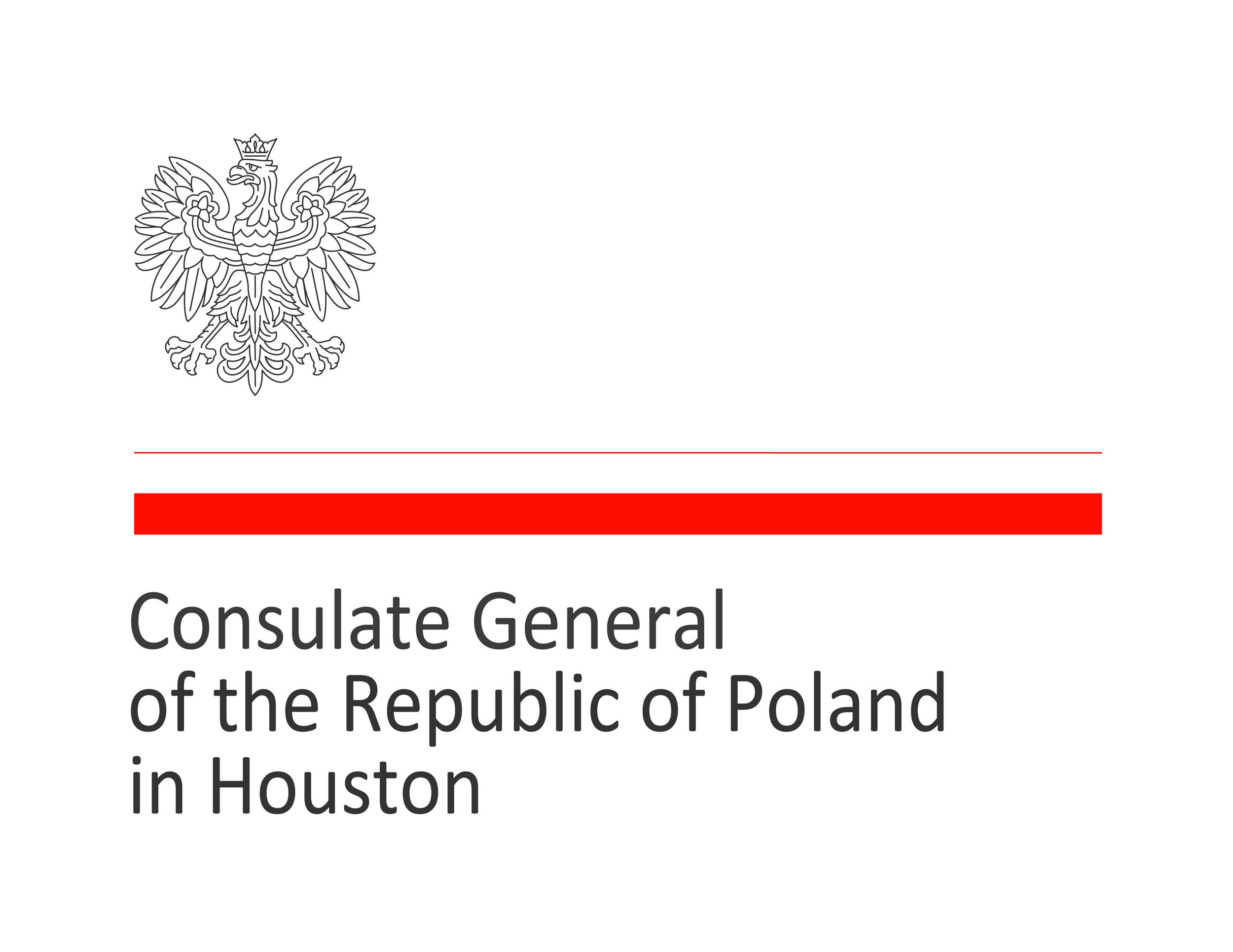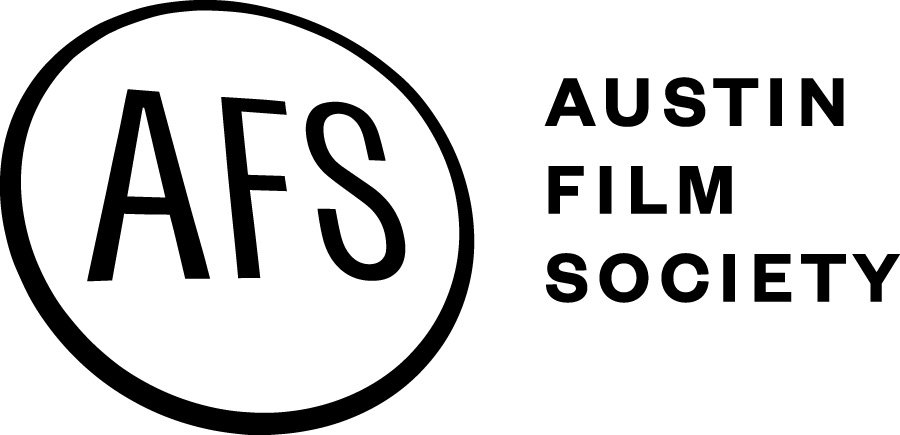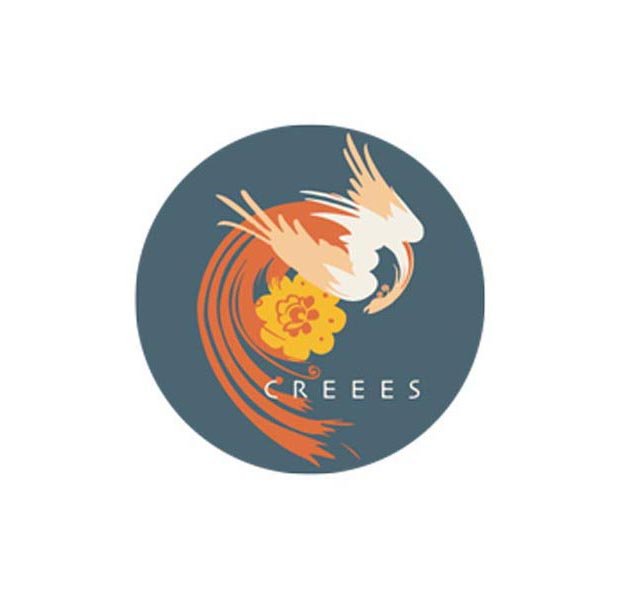Interview with two of the organizers of the 12th APFF about the program
/The 12th edition of the Austin Polish Film Festival will take place on November 2-6. How long were the planning and preparations?
We have been involved in the preparations since the beginning of this year—such events are so time-consuming. Then, all preparations intensified in August and we are always especially engaged during the last three to four weeks; this is the time when a lot of matters need to be settled and many important details have to be finalized.
It is worth noting that one of the organizers always participates in the Polish Film Festival in Gdynia. It is in Gdynia that the final decisions about the film selection and a possibility of bringing guests from Poland to our event are made.
Does the City of Austin support the Festival? Do they provide any funding?
We managed to obtain some financial support from the City of Austin this year. We are happy that Austin is so keen on funding various cultural events, not only ours. I would like to add that the Festival also receives financial support from the Polish Film Institute, Polish Filmmakers Association, and the Polish Ministry of Culture. We can’t forget about our local sponsors, who are eager to support the Festival.
What is the target audience of the Festival?
We want to reach out to the broad American audience, who want to learn more about Poland. In the case of films which are difficult to understand because of the historical background, we make every effort to bring in an expert, who will provide an introduction and explain the historical or cultural context so that the film will be easier to comprehend and appreciate.
This year, the Festival will have a presenter, Mr. Sebastian Smoliński, a film expert from Poland.
That’s correct. After an extensive search and long talks, we decided to invite the film critic, who agreed to be the host of our event. He will also help the audience better understand the films presented at the Festival and will moderate Q&A’s with the invited guests. Sebastian is a recipient of the Krzysztof Mętrak Award for Young Critics. He gets published in such magazines as Kino and Ekrany He is also a Program Director of the “Dwa Brzegi” Film and Arts Festival in Kazimierz Dolny and collaborates with other film festivals, such as Polish Feature Film Festival in Gdynia and “Terra Italiana” Italian Film Festival in Warsaw. We hope that our audience will like him.
This year’s Festival offers a vast selection of both feature and documentary films that deal with a wide-ranging spectrum of issues. How do you make a choice of which films to present?
We always try to present films that have a universal message and can be followed by anybody, no matter where they come from. What is also essential for us is to show the best representation of what is trending in the Polish art of filmmaking, as well as show the films that mirror Polish roots and artistic legacy. It is also essential for us to present recent releases which have won awards at international festivals.
In the past, the Festival had a leitmotif. Is it going to be so this year, too?
Yes. The 2017 Festival has two main intertwined themes. We are going to show historical films which deal with the facts that have been forgotten or obliterated by the communist era. These include such movies as Cursed (“Wyklęty”) by Konrad Łęcki and Hatred ("Wołyń”) by Wojciech Smarzowski. The topics discussed in these movies have never been shown in Polish movies on such a large scale. Another example of a historical movie is Blindess ("Zaćma”) by Ryszard Bugajski, which depicts a story from the Stalinist era in Poland and is based on the life of Julia Brystiger, who was nicknamed “Bloody Luna.”
This brings us to the other theme of this year’s festival—movies partially or totally based on facts. Afterimage (“Powidoki”) by Andrzej Wajda is a story about an induvial destroyed by a system, based on the life of a painter, Władysław Strzemiński. We will also show a story about the family of another artist, Zdzisław Beksiński, in The Last Family (“Ostatnia rodzina”) by Jan Matuszyński or as story about Michalina Wisłocka, who had a great contribution to sexual education in then devotedly Catholic Poland – The Art of Loving ("Sztuka kochania”) by Maria Sadowska. Another movie partly based on a true criminal case is Amok by Kasia Adamik.
The program on Saturday (November 4) will be devoted to artists. Besides Afterimage and The Last Family, we will show a documentary By Stanley For Stanley (“Film dla Stasia”) by Monika Meleń about a handicapped painter and a documentary film The Eternal Wanderer (“Wieczny tułacz”) by Grzegorz Królikiewicz about a Polish-Canadian director, the late Tadeusz Jaworski, who passed away last September.
Sunday will be dedicated to women directors. We will show a documentary film Return of Agnieszka H. (“Powrót Agnieszki H.”) about director Agnieszka Holland by Krystyna Krauze and Jacek Petrycki, and Spoor (“Pokot”) directed by Agnieszka Holland and Kasia Adamik, which won an award at the Polish Film Festival in Gdynia and is a Polish candidate for an Oscar.
Several VIP’s have been invited to come to the Festival: directors Ryszard Bugajski, Krystyna Krauze, and Monika Meleń, and actors Maria Mamona, Łukasz Simlat, and Robert Wrzosek, as well as screenwriter Ryszard Karpala. Have all the guests confirmed their attendance?
Yes, all guests have confirmed and will be present at the reception on Friday, November 3. We are pleased that so many wonderful artists will come to Austin and share their experience with the audience. They will participate in Q&A’s after the screening of the movie they appeared in or directed. This is a rare opportunity to have such a close meeting with the artists.
Please tell us something about the events that will accompany the Festival?
As in the past, we will have an exhibition of Polish film posters. We would like to thank the collector Michał Poniż for sharing about 50 posters from his unique collection. The exhibit will be open simultaneously and admission is free. Another additional and free event is the presentation of films for children. We want to get them interested in movies.
How many people do you expect to attend?
We hope that—as always—the audience will not disappoint and everyone will find something in the Festival’s program that will appeal to them. This is the 12th edition of the Festival and the American audience has already become accustomed to this event. Polish films have a lot to offer to the audience worldwide and will surely attract the locals. We also believe that thanks to the widespread advertising campaign in the media, we will draw in new fans.
I am in awe of your time-consuming and selfless work in promoting Polish culture in Texas and wish you every success. I can’t wait for the excitement of this movie fever.










